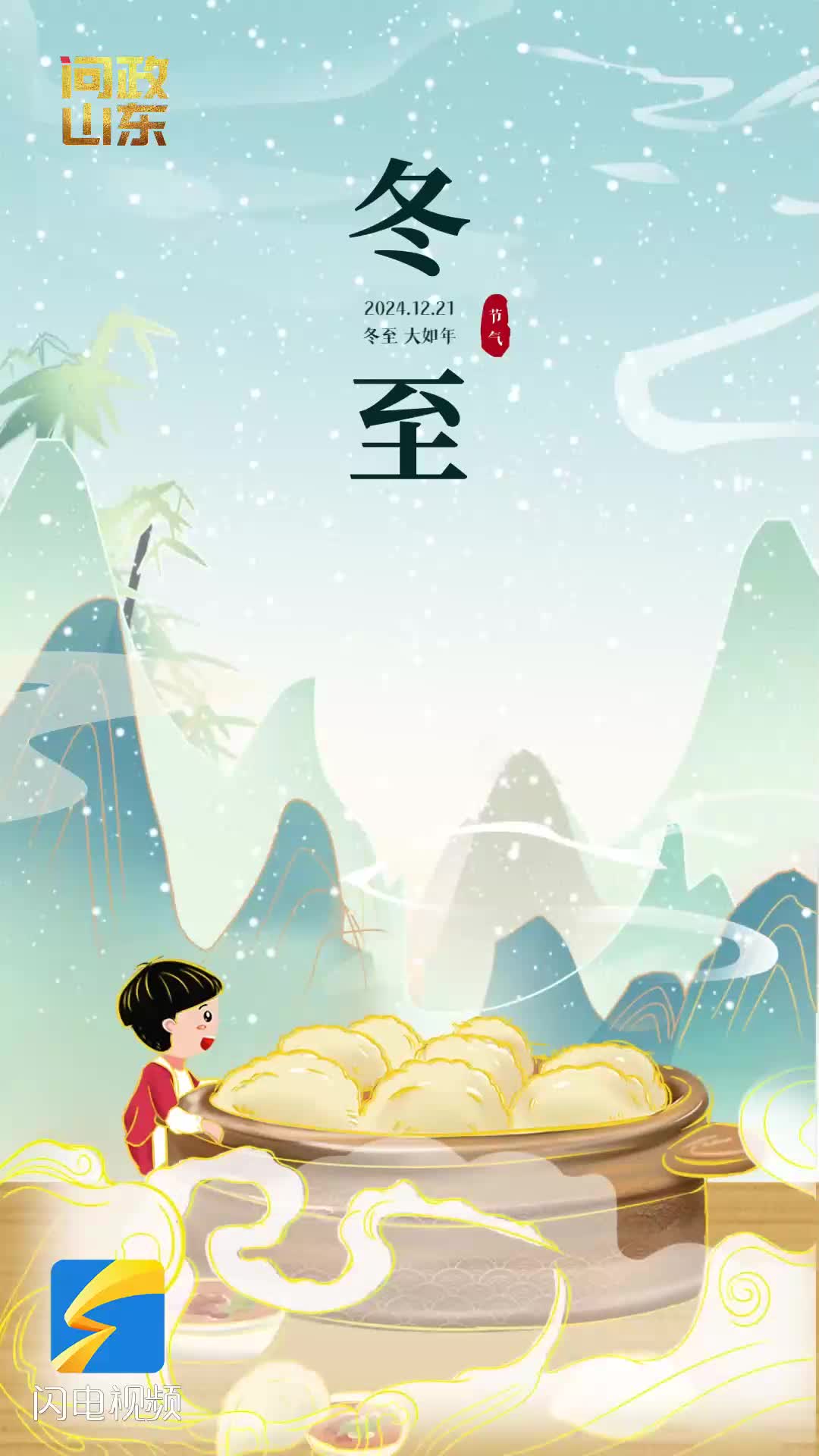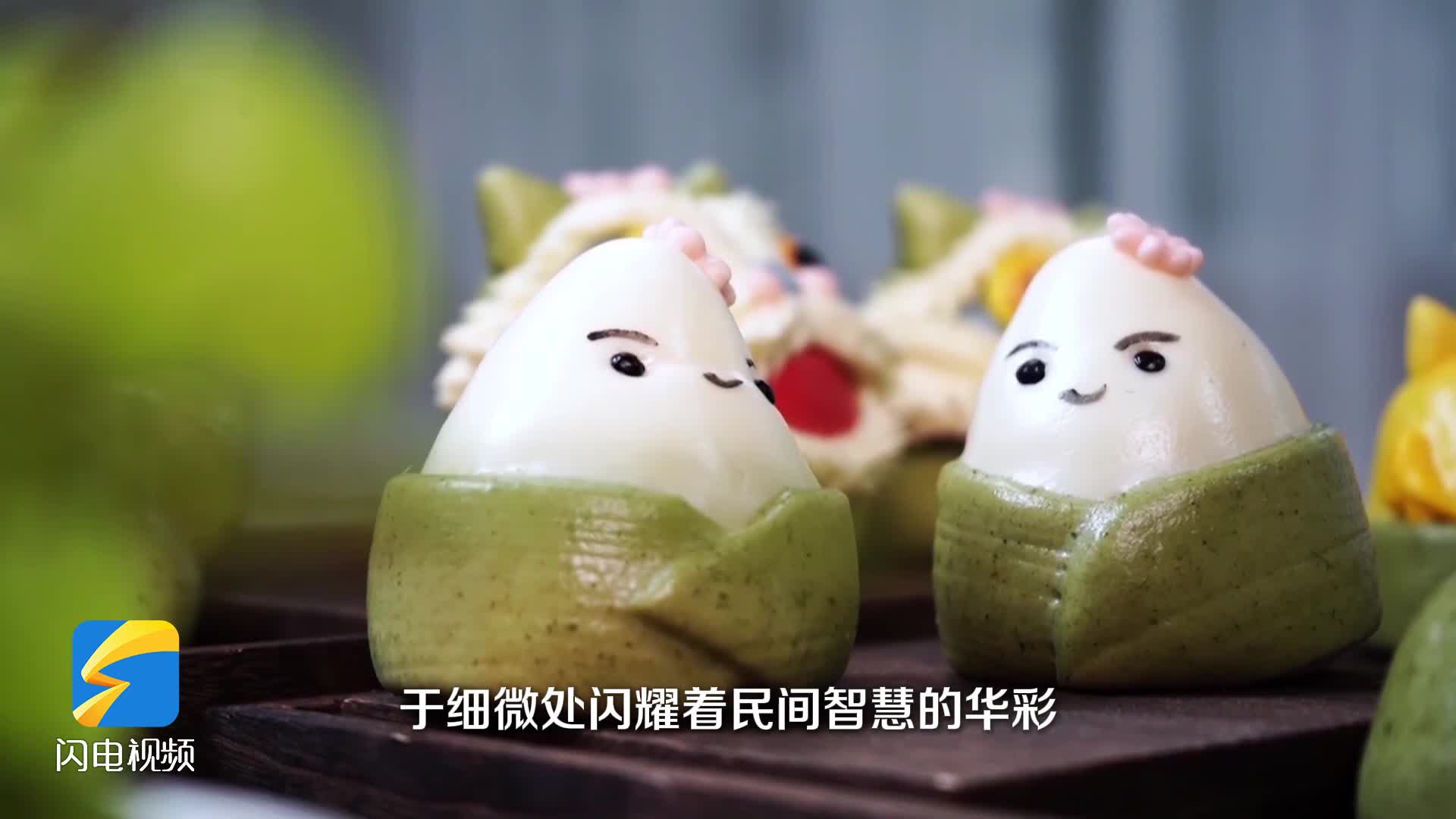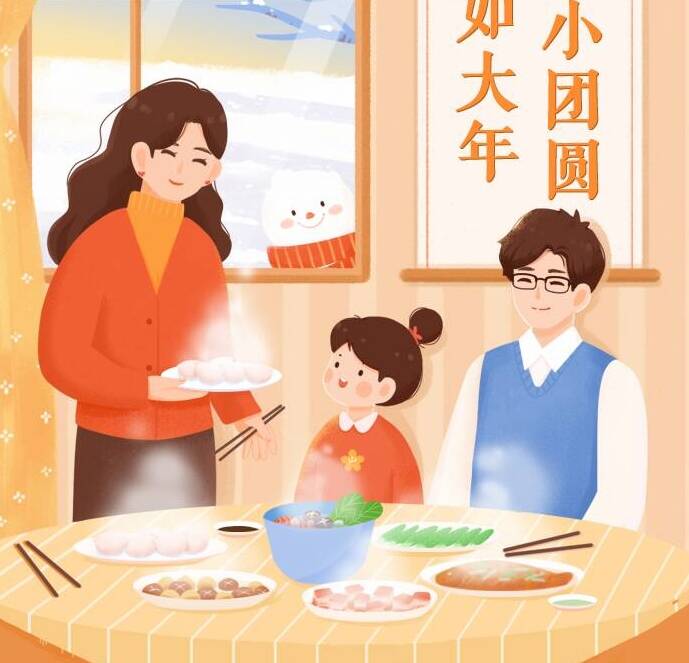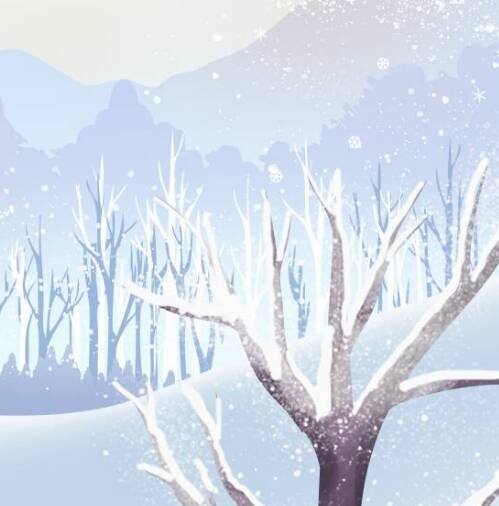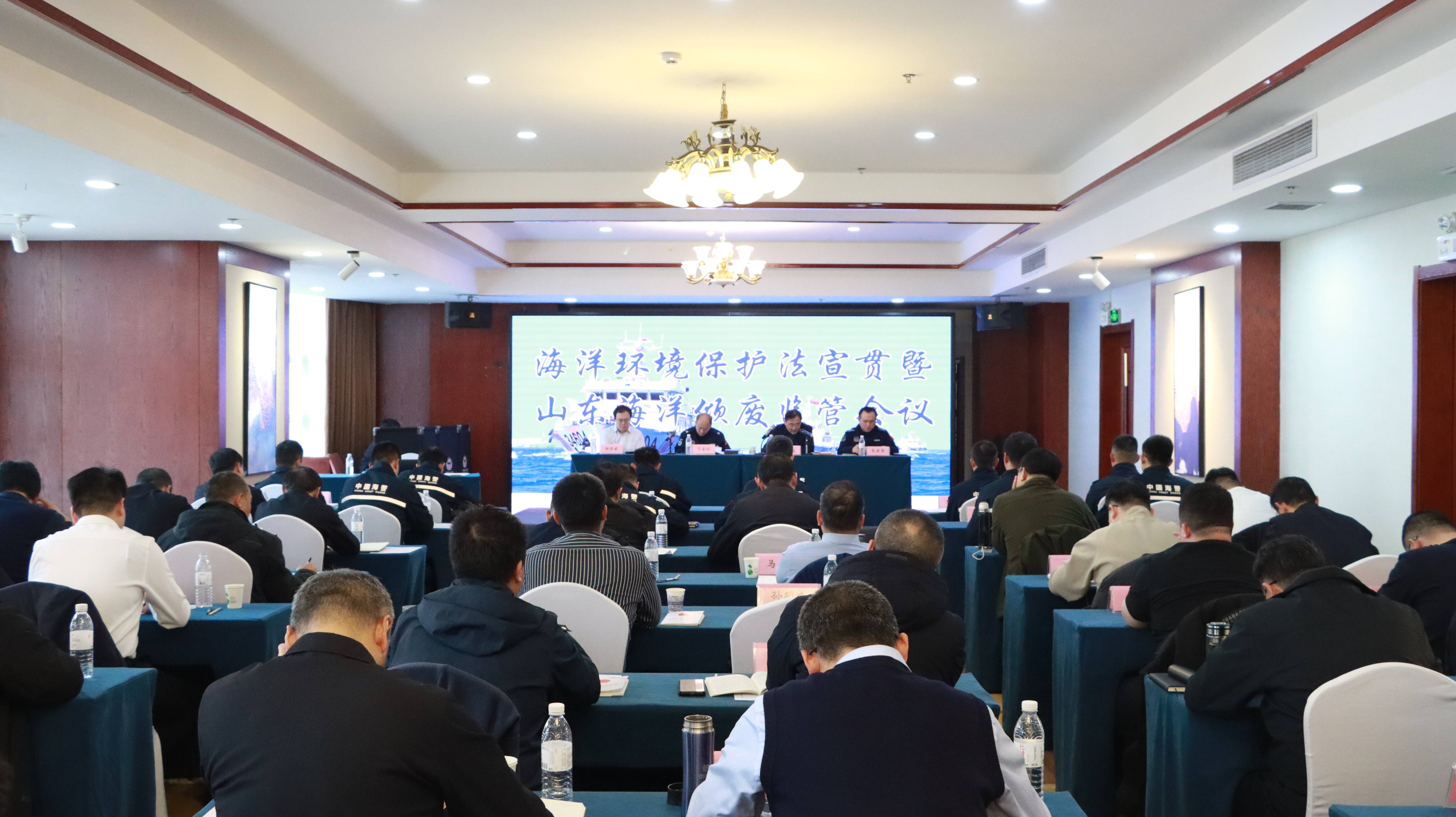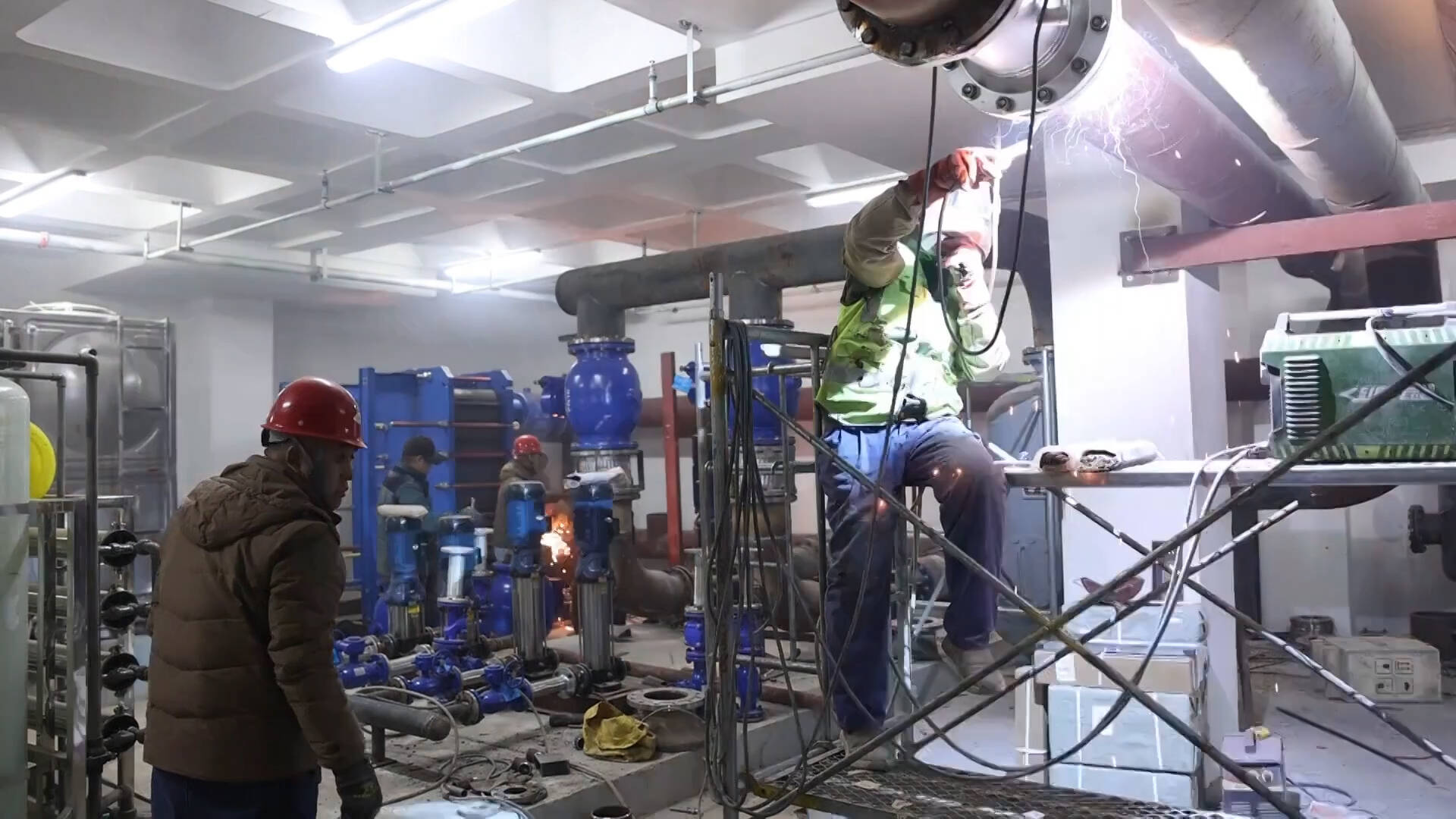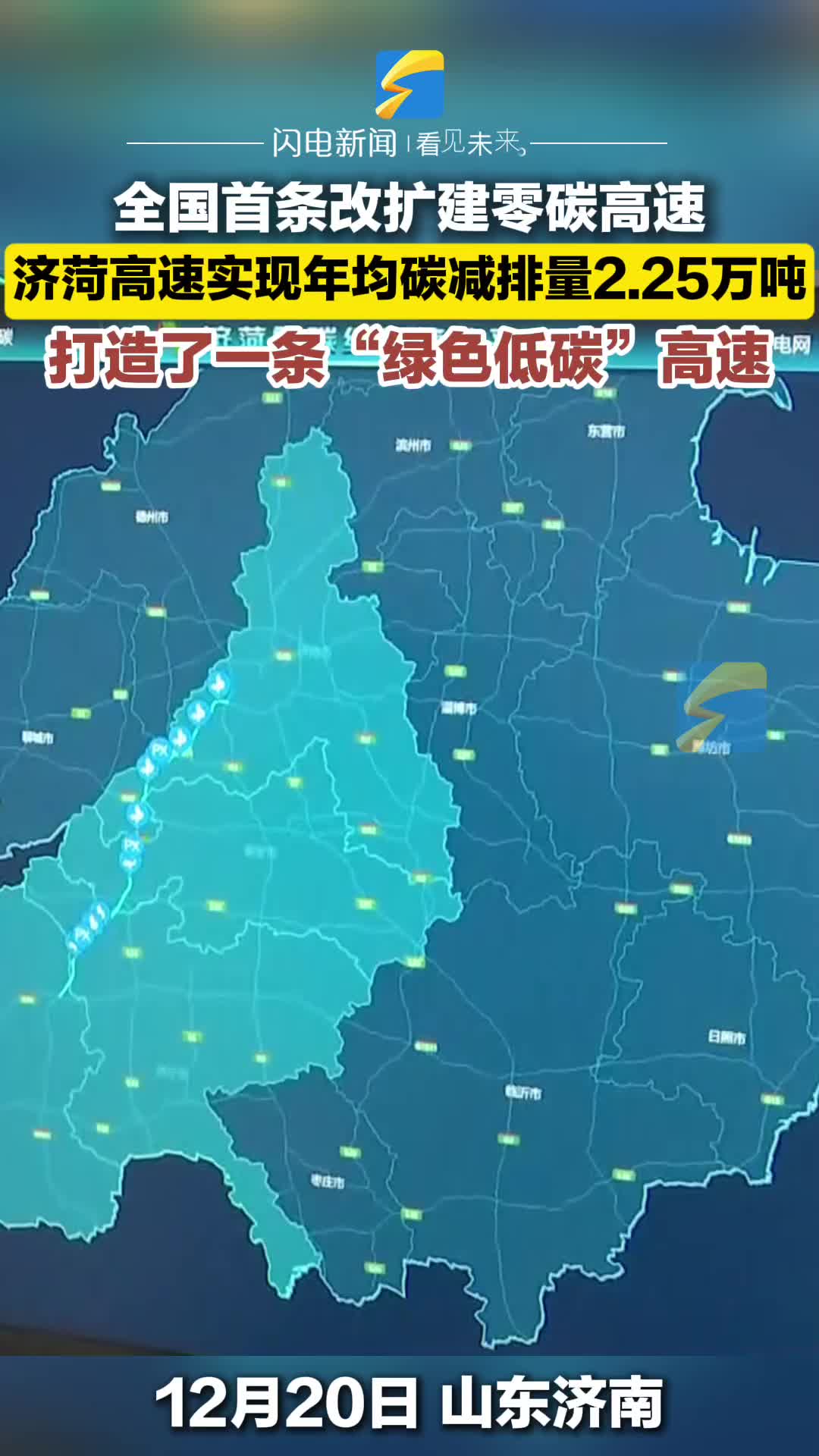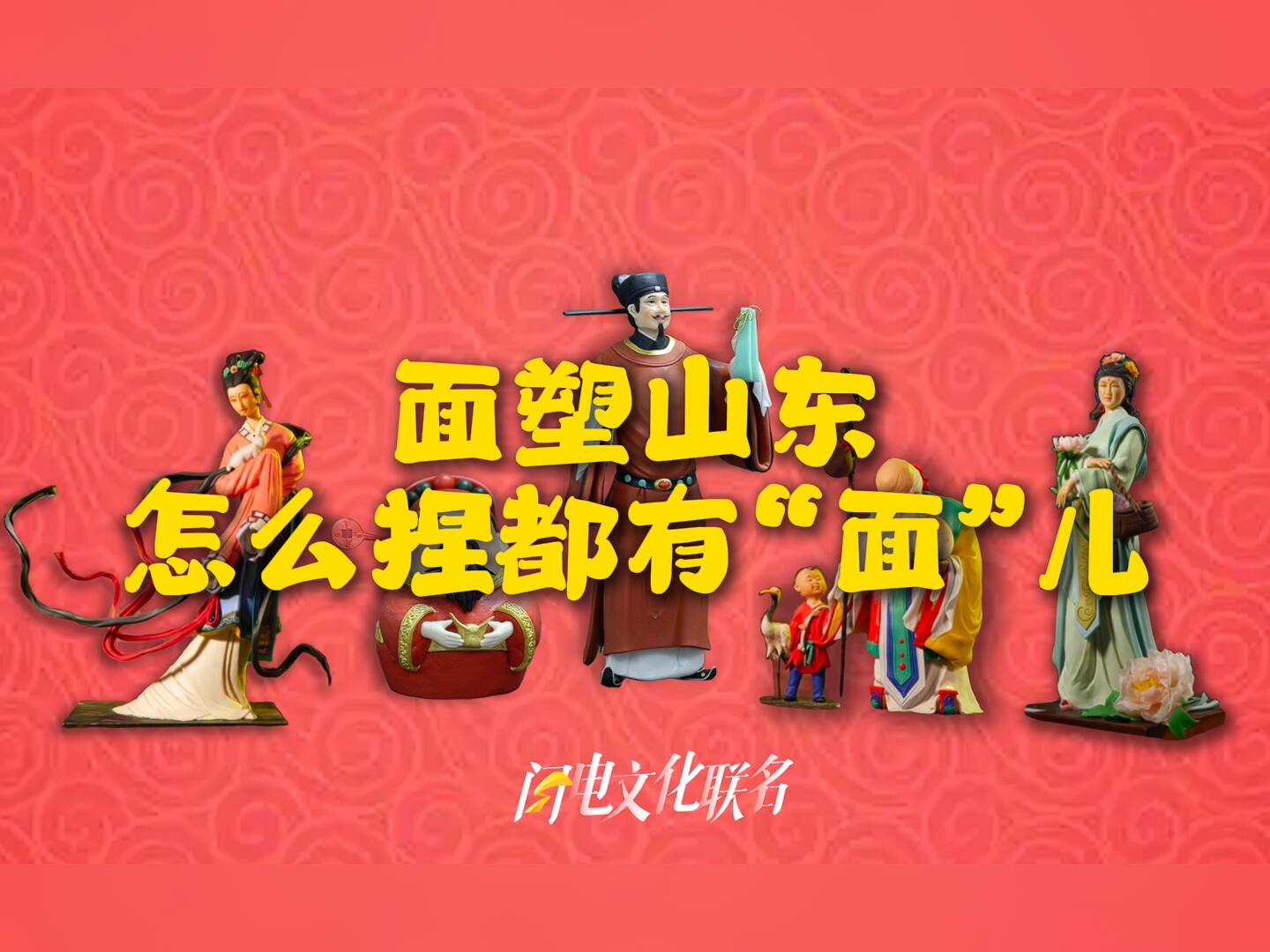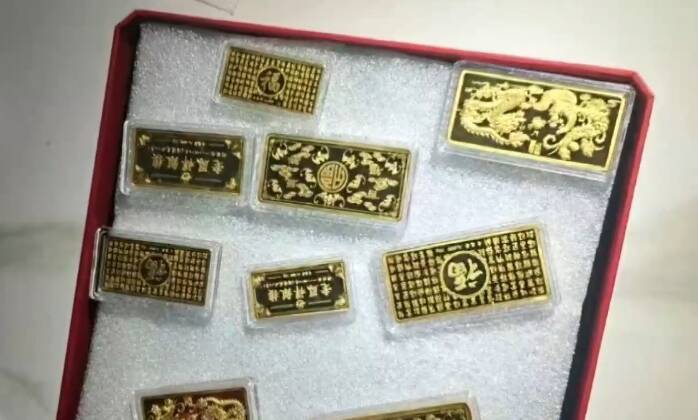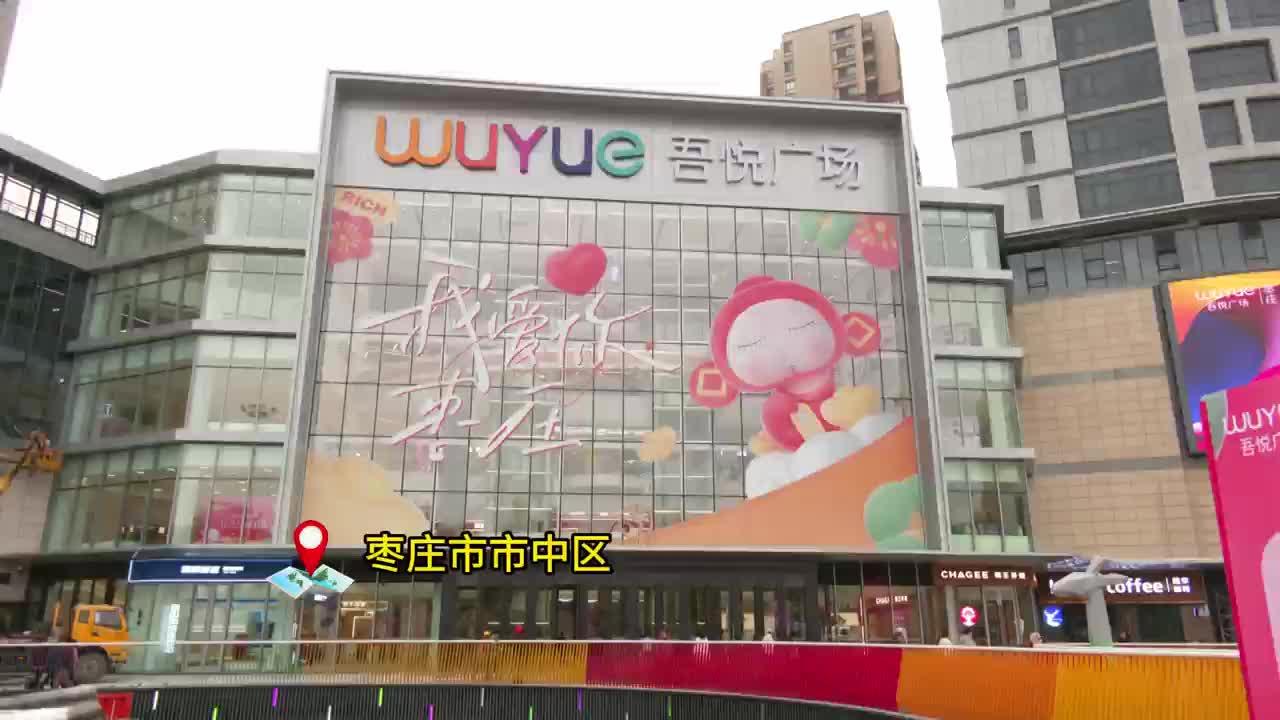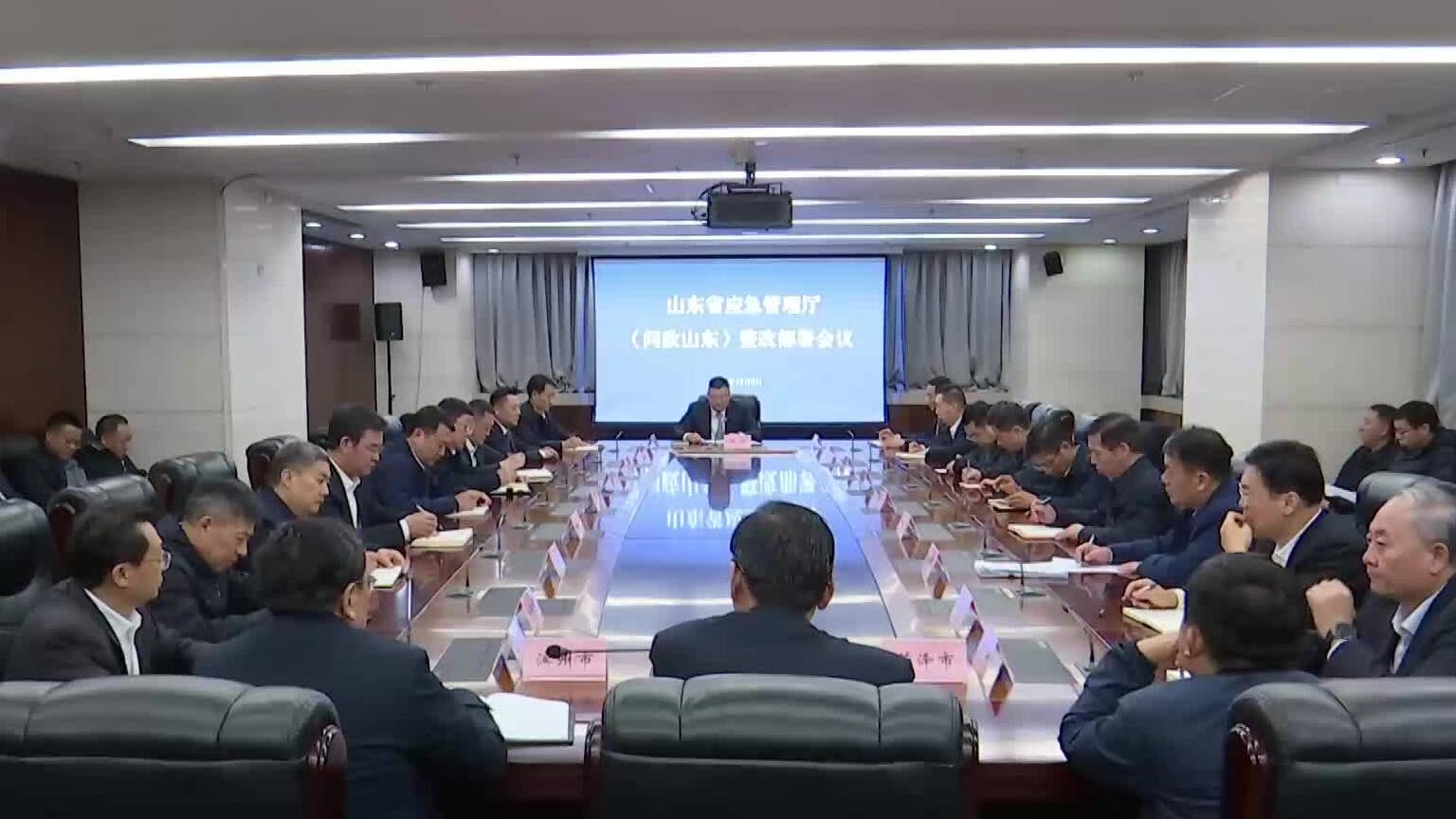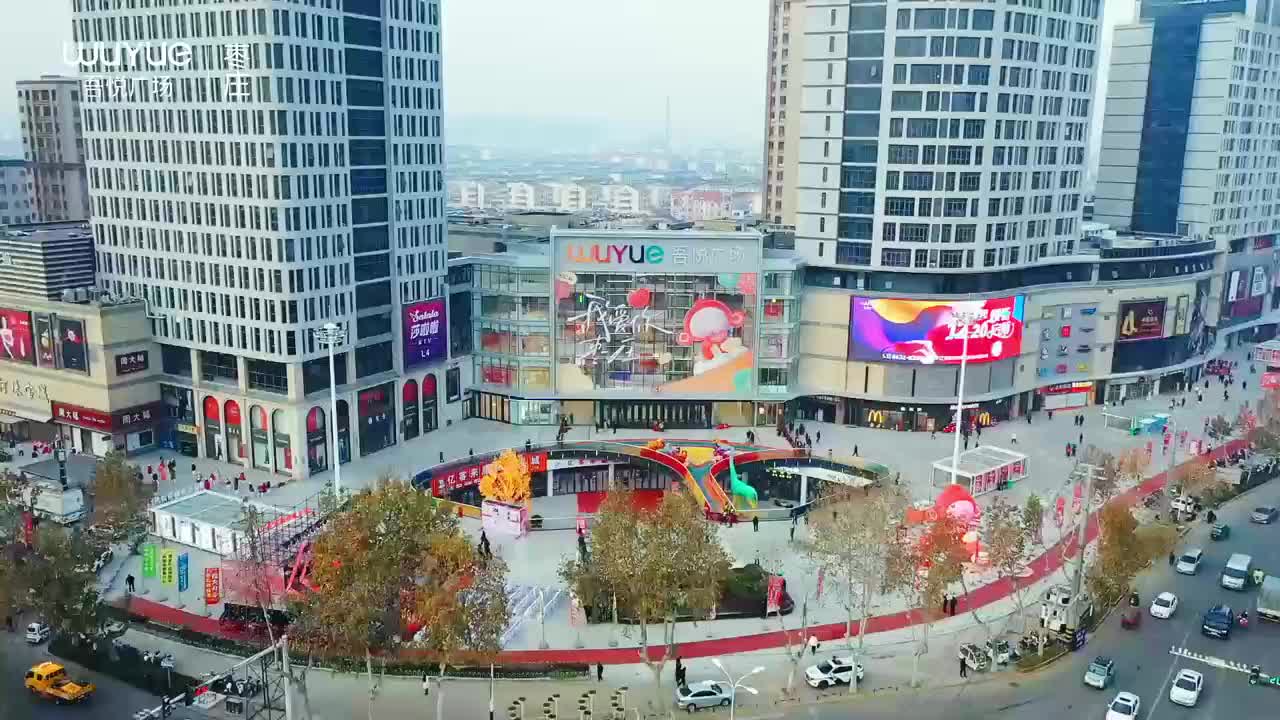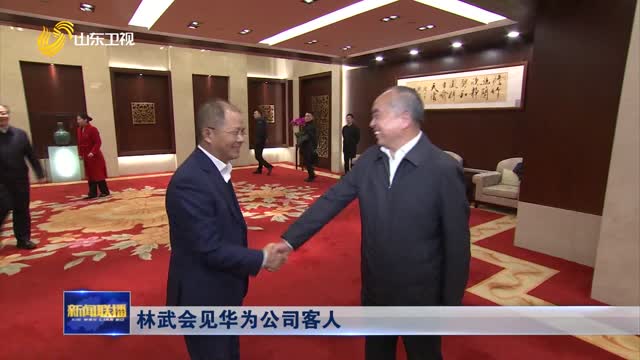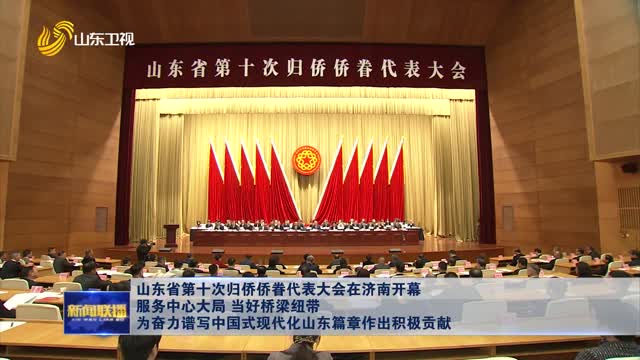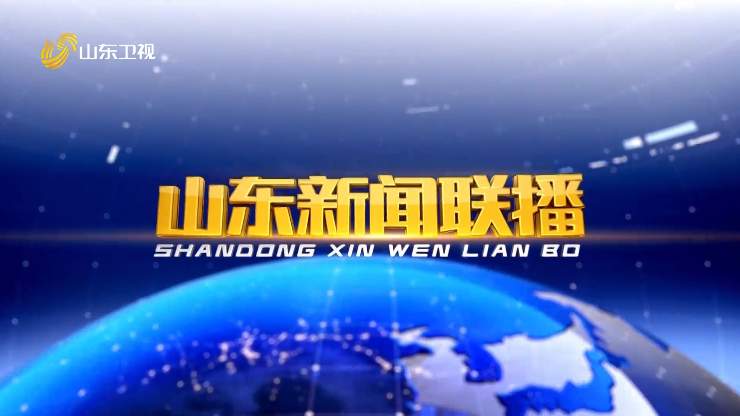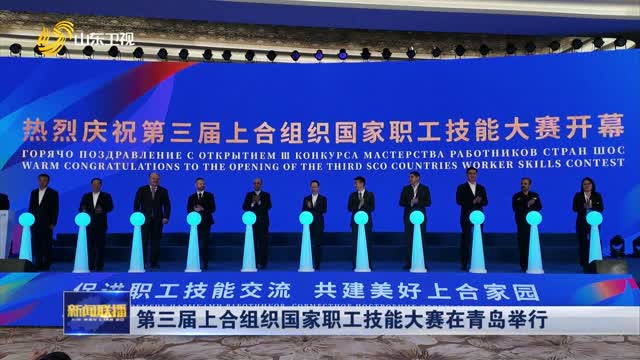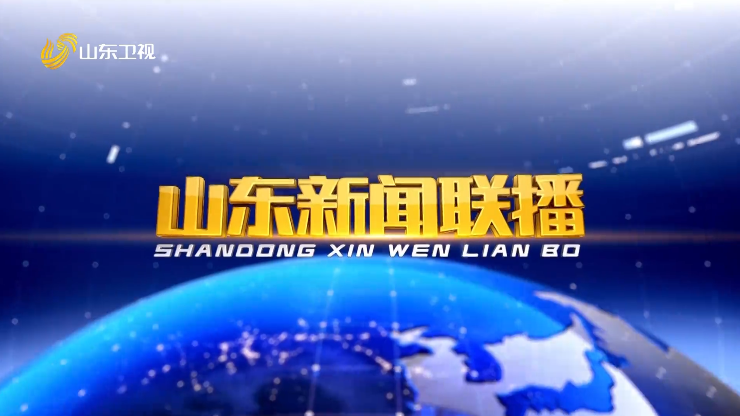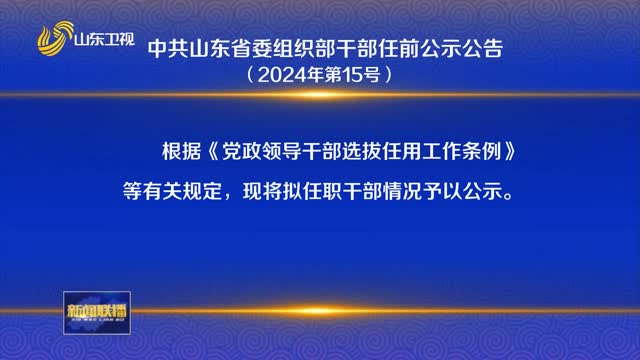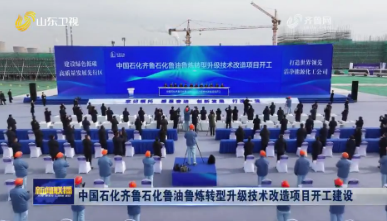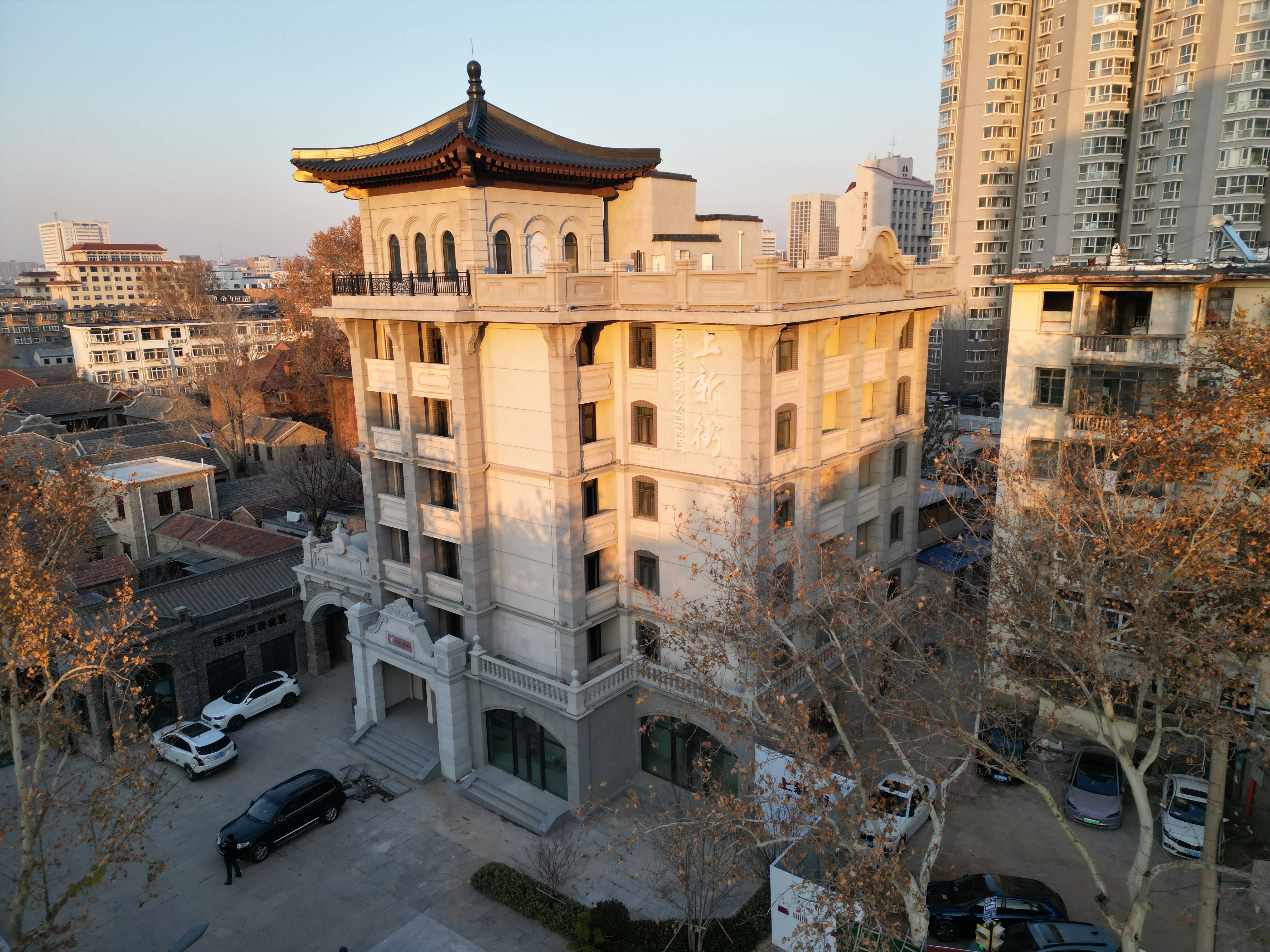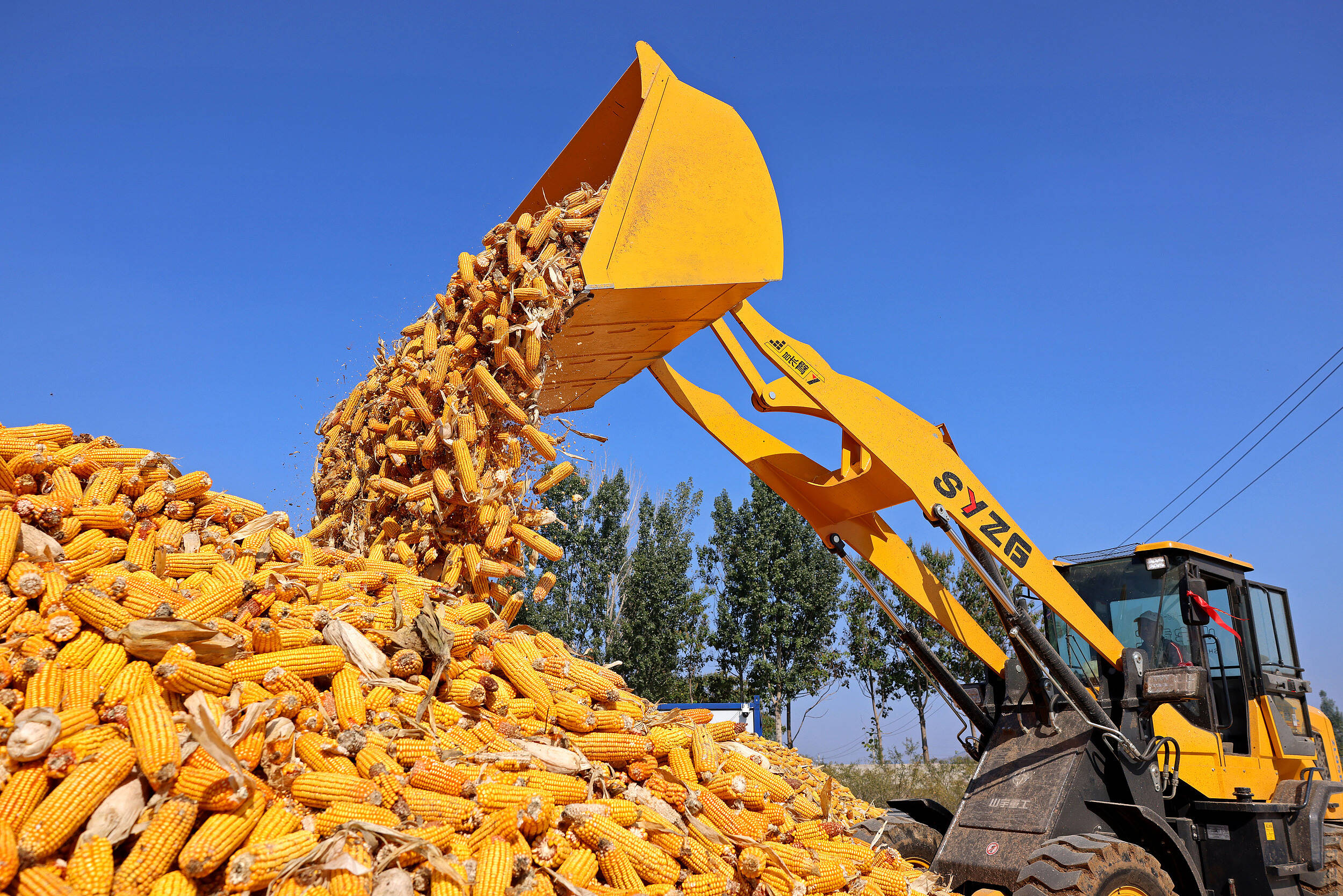冬至?xí)r節(jié),已至年末。
As the Winter Solstice approaches, the year is drawing to a close.
冬至是藏在餃子里的團(tuán)圓。
This solstice is a time of reunion, embodied in the humble dumpling.
在我國北方,餃子是當(dāng)仁不讓的主角。
In Northern China, dumplings are undeniably the star of the show.
不同于春節(jié) “交子” 之時吃餃子的大吉大利的寓意,
Unlike the dumplings eaten during the Spring Festival, which symbolize good fortune as they mark the transition of the year ("jiaozi"),
冬至的餃子帶著消寒的祈愿,
Winter Solstice dumplings carry the wish to combat the cold.
有句老話叫“冬至不端餃子碗,凍掉耳朵沒人管”,
There's a folksy saying: "If you don't have a bowl of dumplings on the Winter Solstice, your ears will freeze off and nobody will care,"
更為冬至?xí)r節(jié)添了幾分煙火氣與俏皮勁兒。
adding a touch of homely charm and playfulness to the season.
巧手捏出飽滿的餃子,
Skilled hands craft plump dumplings.
接下來,就是冬至的儀式感,
What follows is the ritual of the Winter Solstice:
是家的味道,
the familiar taste of home,
也是歲月里不變的溫情守候,
and the enduring warmth that comes with the passage of time.
一口餃子,滿是團(tuán)圓。
Each bite of a dumpling is a taste of reunion.
特別鳴謝:山東電視大廈鳳凰餐廳
廚師:喬靜 山東電視大廈鳳凰餐廳面點領(lǐng)班
閃電新聞記者 王一寧 國慧賢 孔垂頔 劉玉良 報道

